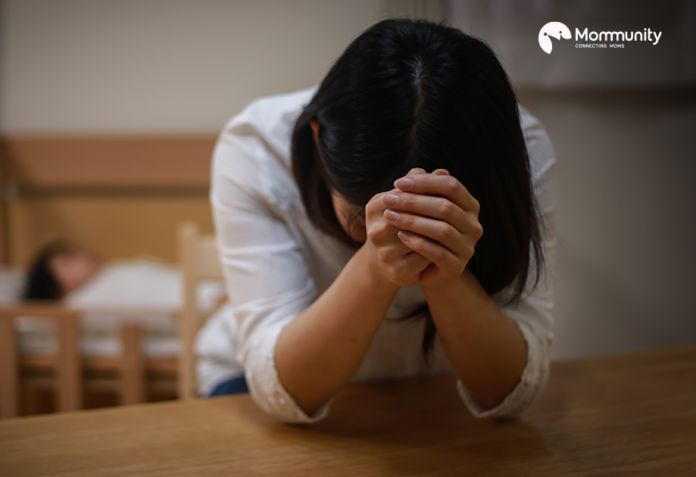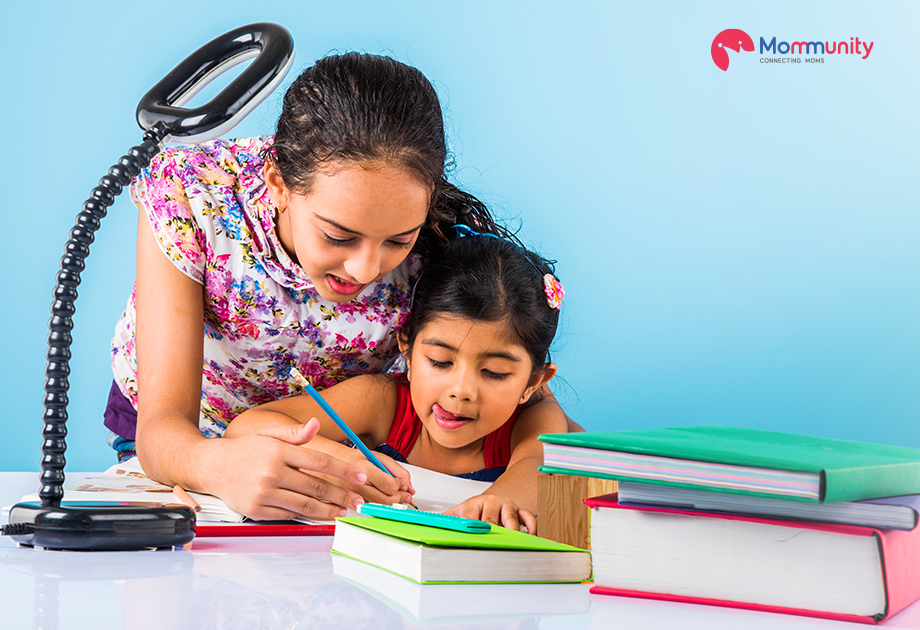Exhausted, overwhelmed, and struggling to connect with your newborn? Awaiting a new baby is an immense joy but sometimes brings feelings of sadness, anxiety, and isolation. This is a common cause among new moms. If you’re experiencing these emotions, then remember you’re not alone.
Many new mothers face postpartum depression (PPD). It’s so common these days, but it can be treated. This blog will help you gain more knowledge on postpartum depression. It will help you in facing this challenge and build a strong, loving bond with your baby.
Postpartum Depression: A Common Challenge
Postpartum depression (PPD) is a mood disorder that affects several women after childbirth. Statistics suggest that around 1 in 8 women experience PPD in the United States alone. But in India, this number must be increasing. It can be a range of 10-15% of new moms. A recent survey by the World Health Organisation (WHO) indicates that as many as 22% of moms in India suffer from PPD.
It’s tough to understand that PPD is not a sign of weakness or a reflection of your ability to mother. It’s a complex condition. That can be influenced by many factors like hormonal changes, sleep deprivation, and the emotional and physical demands of caring for a newborn.
While PPD cannot be entirely prevented, there are steps you can take to reduce your risk and develop healthy coping mechanisms.
6 Symptoms of Postpartum Depression
Recognizing the signs of PPD is the first thing you need to learn. While symptoms can vary from person to person, some common indicators include:
- Persistent sadness or emptiness
- Loss of interest in activities once you enjoyed
- Changes in appetite or sleep patterns
- Exhaustion and lack of energy
- Face difficulty in concentration
- Feelings of worthlessness or guilt
If anyone you know facing any of these issues. It is essential to consult a doctor for evaluation and support.
5 Factors Contributing to Postpartum Depression
Several factors can increase the risk of developing PPD, including:
- Hormonal changes after childbirth
- Previous history of depression or anxiety
- Lack of social support
- Stressful life events
- Complications during pregnancy or childbirth
Building Resilience: Prepartum Strategies
-
Educate Yourself
Knowledge is a source of power. Make yourself aware of the signs and symptoms of PPD. This helps in the early identification of symptoms.
-
Develop a Support Network
Create a strong support system of friends, family members, or a therapist who can offer emotional support and practical help after childbirth.
-
Healthy Habits
Prioritize self-care throughout your pregnancy. Maintain a balanced diet, engage in regular exercise, and get adequate sleep.
-
Open Communication
Talk openly with your doctor about your mental health history and any concerns you may have regarding PPD.
-
Managing Expectations
Parenthood is an incredible journey, but it’s not always picture-perfect. Adjust your expectations about the newborn stage. Make yourself understand that there will be challenges and moments of frustration, and that’s perfectly normal.
Postpartum Support: Strategies for New Mothers
-
Seek Help
If you think you might be experiencing PPD, don’t hesitate to reach out for help. Talk to your doctor or a therapist. Early intervention is key to managing PPD and making sure of a smoother postpartum experience.
-
Prioritize Sleep
Sleep deprivation can exacerbate symptoms of depression. As much as possible, establish routines that allow you to get enough rest, even if it means short naps throughout the day.
-
Maintain Healthy Habits
Continue prioritizing a nutritious diet and regular exercise, even if it’s just a short walk outdoors. These activities can significantly improve your mood and energy levels.
-
Delegate and Ask for Help
Don’t be afraid to ask for help from your partner, family, or friends. Delegate household chores and childcare tasks whenever possible.
-
Connect with Others
Social interaction is vital for your mental well-being. Join a support group for new mothers or connect with friends and family.
-
Maintain a Positive Outlook
Remember, PPD is temporary. With proper support and treatment, you can feel better and enjoy this special time with your baby.
Treatment for Postpartum Depression
If you are diagnosed with PPD, know that you are not alone, and effective treatments are available. Treatment options may include:
-
Therapy
Cognitive-behavioral therapy (CBT) can help you identify and challenge negative thought patterns.
-
Medication
Antidepressants may be prescribed in some cases, but the decision should be made in consultation with your doctor.
-
Support groups
Connecting with other women who are experiencing PPD can provide valuable support and coping strategies.
In the end, postpartum depression is a challenging experience for many new mothers. But always remember that you’re not alone. By understanding the signs, seeking support, and prioritizing self-care, you can effectively manage postpartum depression and enjoy the beautiful journey of motherhood.
Always keep in mind that reaching out for help is a sign of strength, not weakness. With appropriate treatment and support, you can overcome postpartum depression. Then, you can build a strong, loving bond with your baby.
If you or someone you know is struggling with postpartum depression, please don’t hesitate to seek professional help. There are resources available to support you on your journey to recovery.




